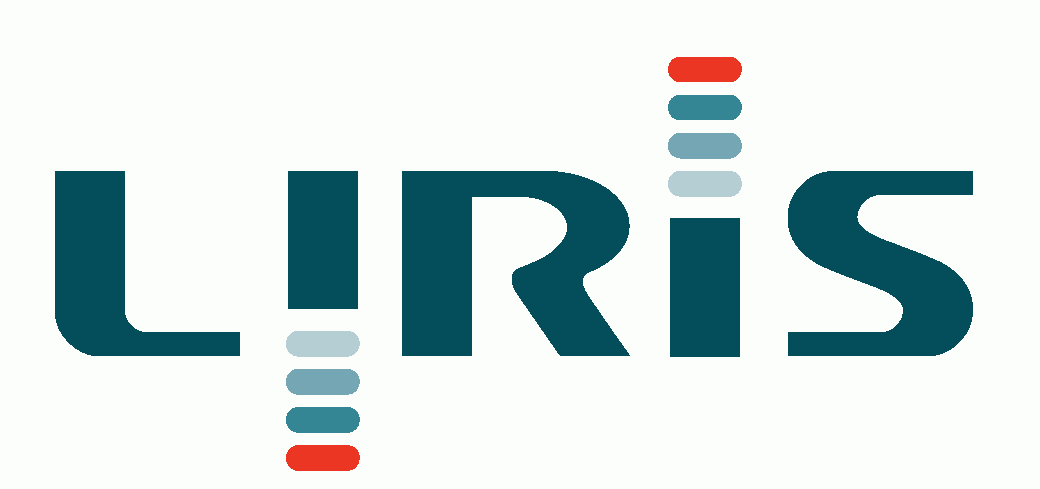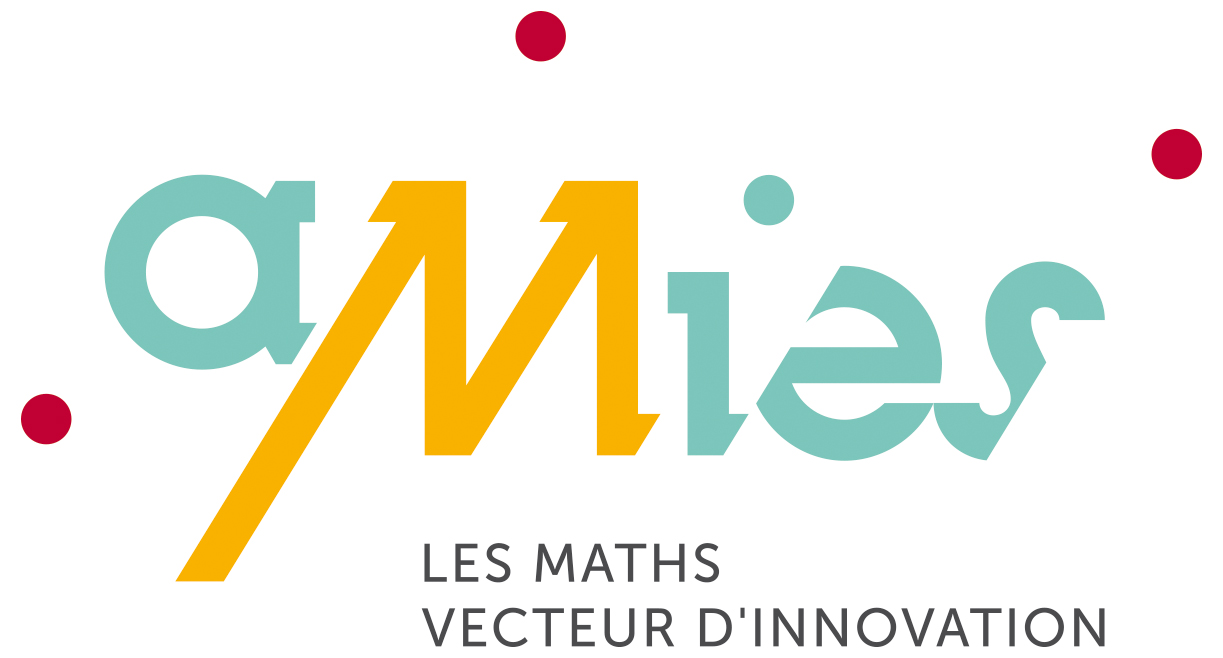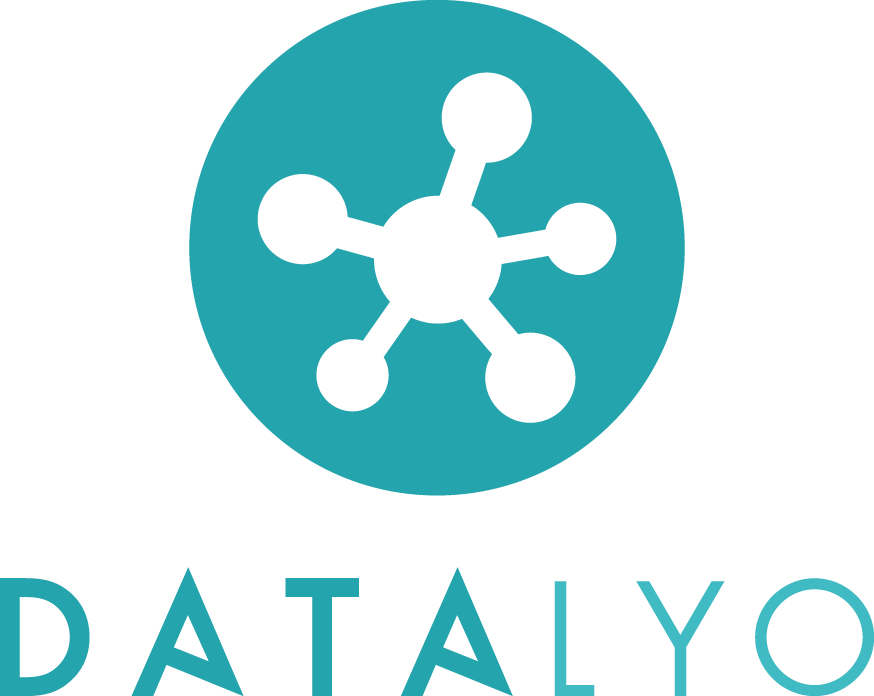 2017 : BI & Big Data
2017 : BI & Big Data










Robert Wrembel, Associate Professor, Poznan University of Technology, Poland
Short biography
Robert Wrembel :
- an associate professor in the Faculty of Computing, at Poznan University of Technology, in Poland. His main research focuses on data warehouse systems;
- involved in 7 research projects in the area of databases and data warehouses as well as in 7 industrial projects in the field of information technologies;
- designed and delivered numerous courses in the area of programming languages, database administration, and information systems designing, for multiple companies and institutions in Poland, including Oracle, Microsoft, IBM, BAE Systems;
- visiting professor at Loyola University (New Orleans, USA);
- invited lecturer at Universidad de Costa Rica (San Jose, Costa Rica);
- a graduate from Stanford University post-graduate programme on entrepreneurship and innovation;
- an intern at BI company Targit (Tampa, USA);
- a prizewinner of the "IBM Faculty Award for highly competitive research".
Keynote
Abstract : Modern IT architectures include applications and devices that generate sequences of data items (events). The order that exists in sequences implies the existence of various patterns. By analyzing the patterns one can discover additional pieces of information of a business value. Some typical domains, where finding patterns in sequential data is of a business value include: stock exchange, energy management, public transportation, workflow systems, e-commerce.
Research on analyzing sequential data is focusing on: (1) mining sequential data for discovering patterns, (2) analyzing sequential data in a traditional SQL-like way and searching for given (known) patterns, (3) discovering patterns of events in data streams, (4) developing models and techniques for warehousing sequential data and analyzing them in an OLAP-like style.
In this talk we will focus on warehousing sequential data. In particular, we will overview existing approaches to modeling, warehousing, and analyzing sequences. Second, we will point out still open research problems in this area. Third, we will present our experience in building a sequential data warehouse.

Prof. Abdelkader Hameurlain, Institut de Recherche en Informatique de Toulouse, PYRAMID Team
Short biography
Abdelkader Hameurlain is full Professor in Computer Science at Paul Sabatier University, Toulouse, France. He is a member of the Institute of Research in Computer Science of Toulouse (IRIT). His current research interests are in query processing and optimization in parallel and large-scale distributed environments, mobile databases, and database performance. Prof. Hameurlain has been the general chair of the International Conference on Database and Expert Systems Applications (DEXA'02, DEXA'2011 and DEXA'2017). He is co-editors in Chief of the International Journal "Transactions on Large-scale Data and Knowledge Centered Systems" (LNCS, Springer). He was guest editor of three special issues of "International Journal of Computer Systems Science and Engineering on "Mobile Databases", "Data Management in Grid and P2P Systems", and "Elastic Data Management in Cloud Systems".
Keynote
Abstract : In the landscape of database management systems, data analysis systems (OLAP) and transaction processing systems (OLTP) are separately managed. The reasons for this dichotomy are that both systems have very different functionalities, characteristics and requirements. My talk will focus on the first class of OLAP systems. The purpose of this talk is to provide a comprehensive state of the art concerning big data management in cloud environments. In this perspective, data management based on parallel database systems and data cloud (e.g. MapReduce) systems are overviewed, and compared by relying on fundamental criteria (e.g. software requirements (data independence, software reuse), high performance, scalability, elasticity, and data availability). With respect to proposed systems, we try to learn some lessons and point out: (i) the reasons for which the relevant choice of a data cloud system is very hard, and (ii) some open issues that should be tackled to ensure the viability of the next generation of large-scale data management systems for big data applications.
Keywords : Big Data Management, Data Partitioning, Query Processing and Optimization, Resource Allocation, Parallel Relational Database Systems, High Performance, Scalability, Data Cloud Systems, Elasticity, Hadoop, MapReduce, Spark.